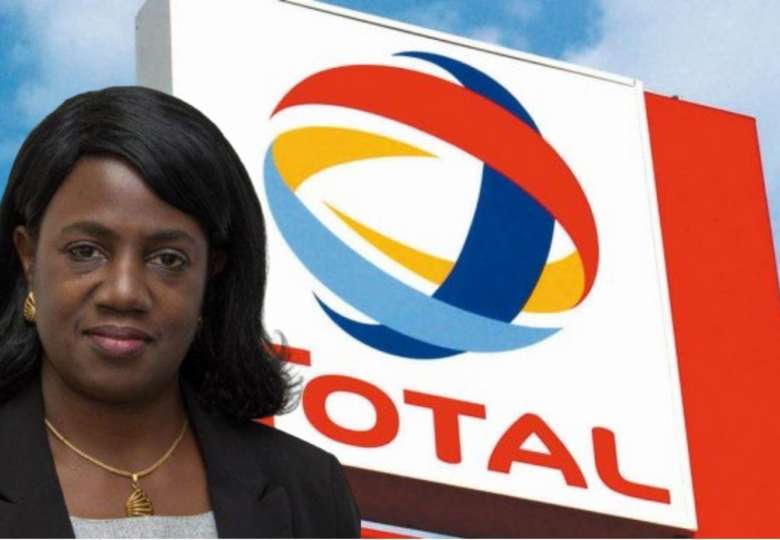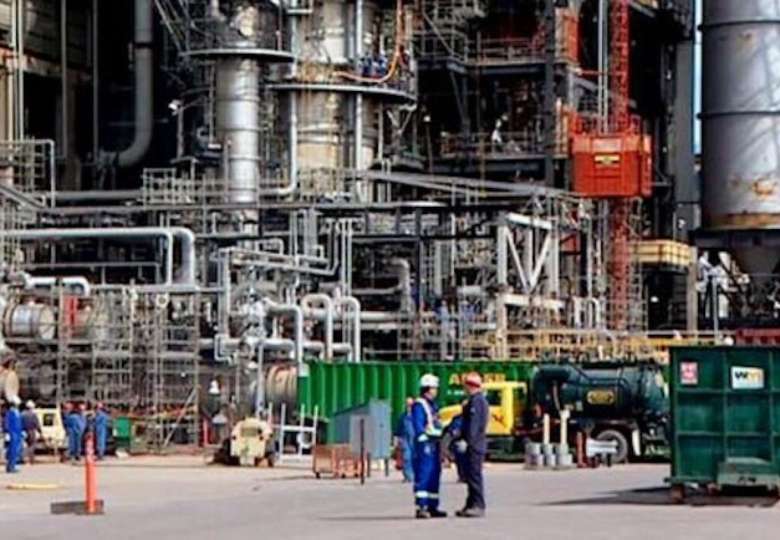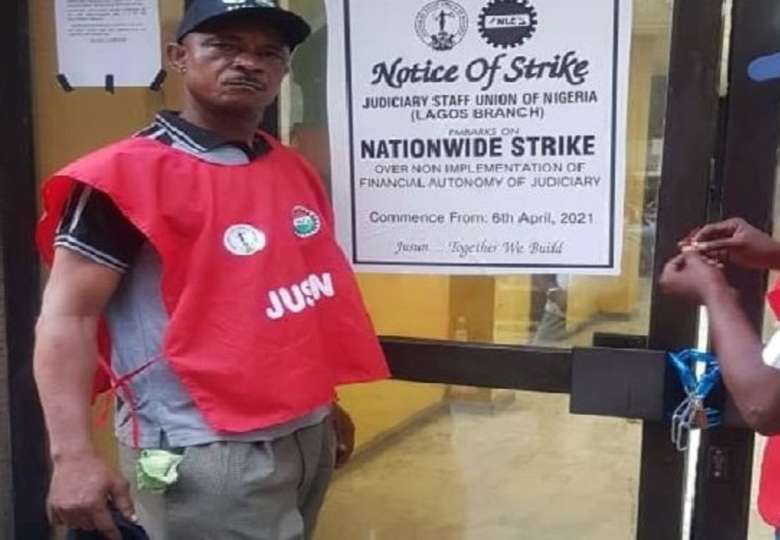As relations strengthen between Europe and the Sahel, the EU’s foreign policy chief held talks with Mali’s top leaders in Bamako.
Josep Borrell Fontelles pledged EU support as Mali undergoes a transition to an elected government following last year’s military coup.
Young military officers ousted president Ibrahim Boubacar Keita on August 18 after months of protest driven by his failure to solve Mali’s long-running jihadist conflict, and perceived corruption.
The new EU Strategy for the Sahel affirms the importance of a solid and long-term partnership in the region through legislation and strategies.
The main geographical scope of the EU strategy is the five G5 Sahel countries: Burkina Faso, Chad, Mali, Mauritania and Niger. However, it places EU action in the wider context of regional and cross-border challenges, and of the links that exist in particular between the Sahel, West African coastal states, the Lake Chad Basin and North Africa.
Since 2012, Mali had been struggling to contain a jihadist rebellion that erupted in the northern part of the country and had spread with attacks to some cities in the central parts. Thousands of civilians and military personnel have been killed in the conflict. The region has also been threatened by climate change, demographic pressure, access to natural resources and epidemic risks.
Presidential and legislative elections are due to take place in Mali in February 2022.





